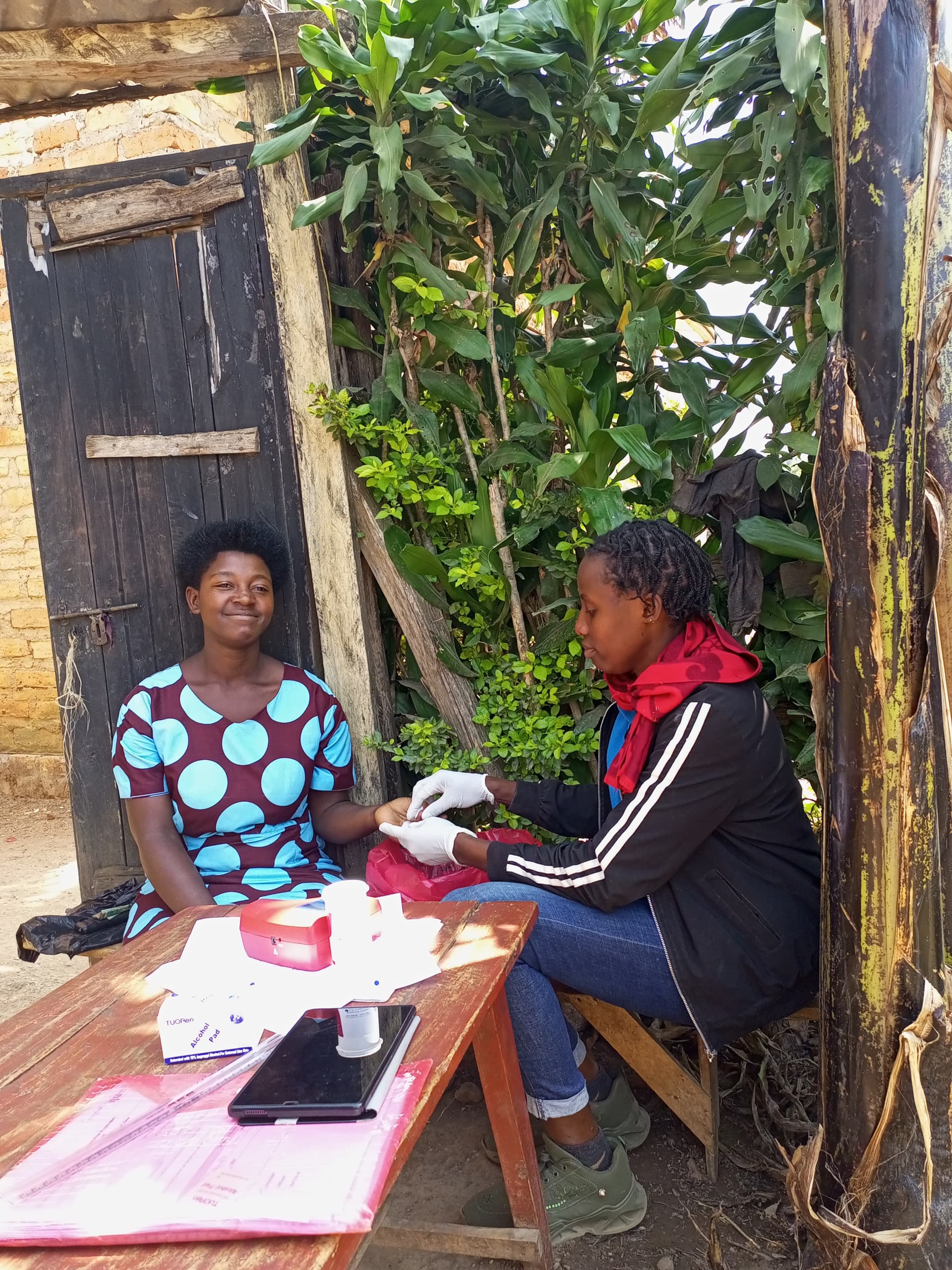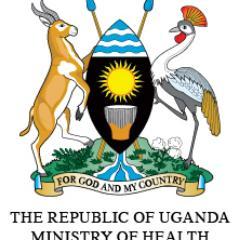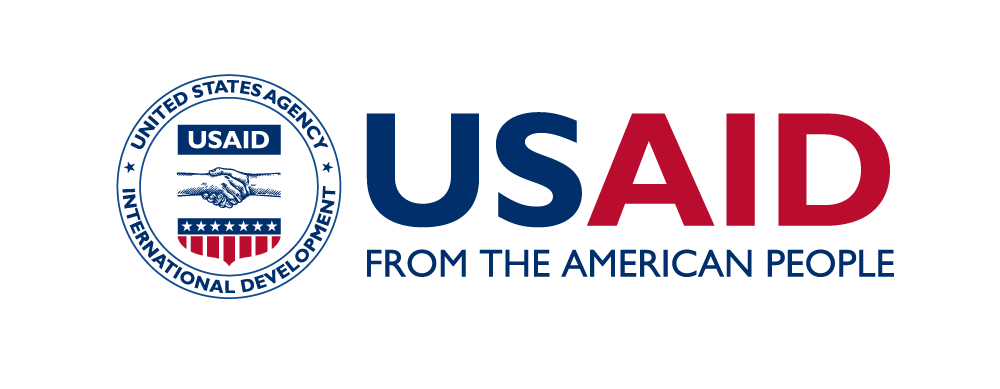Encouraging Women to Use Call-in Health Information Services Improves Health Knowledge and Practices in Uganda

In partnership with IPA Uganda and Viamo, researchers conducted a randomized evaluation that found that use of Viamo’s interactive voice response (IVR) call-in platform for updated health information improved sexual and reproductive health knowledge and behavior and iron supplement usage during pregnancy. Women also improved their family planning knowledge and decision-making and nutritional intake behaviors.
In Sub Saharan Africa, health information is often shared in mass media platforms like radio or television. However, this information does not always reach all households, often missing households with limited resources. This can impact how well they can improve health knowledge and behaviors.1 As cell phone ownership in the region is high, including in Uganda, evidence suggests that delivering information to people via cell phones may be effective.2 Leveraging this—Viamo, a technology-centered social enterprise—developed a platform that allows people to call in for free and receive high quality, up-to-date information on nutrition and sexual and reproductive health, reaching more than four million users in Uganda.
In partnership with IPA Uganda and Viamo, Researchers conducted a randomized evaluation to measure whether Viamo’s platform, an interactive voice response (IVR) call-in service, improved women's knowledge of sexual and reproductive health and use of vital iron supplements during pregnancy. The intervention involved 6,011 pregnant and recently pregnant women in Kampala, Rwampara, Katakwi, and Madi-Okollo—four randomly selected districts of Uganda—who were exposed to the platform over 14-18 months. Women participating in the study were randomly assigned to the following groups:
- Intervention (Encouragement): Women in this group received a personalized introduction and mock call into the service plus a promotional calendar to serve as a reminder for how to use it and its benefits. They also received text messages and phone calls over the course of the intervention reminding and incentivizing them to use the free service.
- No intervention (Comparison): Women in this group did not receive any intervention but could continue to call in and access the free service.
The encouragements significantly increased women’s use of Viamo’s call-in services. While only 20 percent of the comparison group ever called the service (with 4 calls on average), 84 percent of women who received the encouragements called the service (with 31 calls on average). Exposure to the platform significantly increased sexual and reproductive health knowledge, intake of iron supplements in pregnancy, and intention to use modern contraception in the future. Women who received the encouragements frequently discussed content with friends and family, which contributed to knowledge being spread naturally from women calling the service to other women in the same communities.
Sources
1. Wakefield, Melanie A., Barbara Loken, and Robert C. Hornik. "Use of mass media campaigns to change health behaviour." The lancet 376, no. 9748 (2010): 1261-1271.
Stead, Martine, Kathryn Angus, Tessa Langley, Srinivasa Vittal Katikireddi, Kate Hinds, Shona Hilton, Sarah Lewis et al. "Mass media to communicate public health messages in six health topic areas: a systematic review and other reviews of the evidence." Public Health Research 7, no. 8 (2019).
2. Levine, Gillian, Amadu Salifu, Issah Mohammed, and Günther Fink. "Mobile nudges and financial incentives to improve coverage of timely neonatal vaccination in rural areas (GEVaP trial): A 3-armed cluster randomized controlled trial in Northern Ghana." PLoS One 16, no. 5 (2021): e0247485.
Rokicki, Slawa, Jessica Cohen, Joshua A. Salomon, and Günther Fink. "Impact of a text-messaging program on adolescent reproductive health: a cluster–randomized trial in Ghana." American journal of public health 107, no. 2 (2017): 298-305.
Implementing Partner


Funding Partner













